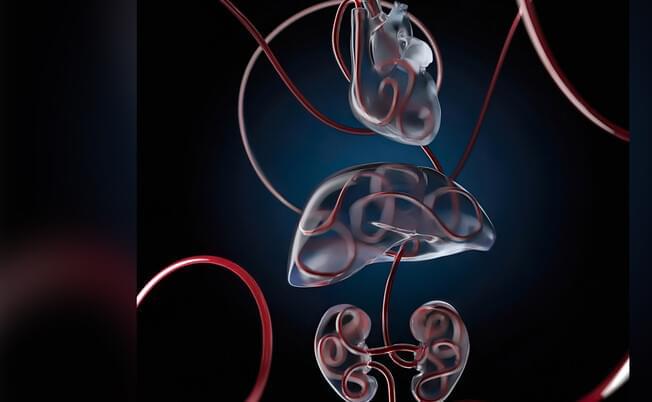Within minutes of the final heartbeat, a cascade of biochemical events triggered by a lack of blood flow, oxygen, and nutrients begins to destroy a body’s cells and organs. But a team of Yale scientists has found that massive and permanent cellular failure doesn’t have to happen so quickly.
The researchers stressed that additional studies are necessary to understand the apparently restored motor functions in the animals, and that rigorous ethical review from other scientists and bioethicists is required.
The experimental protocols for the latest study were approved by Yale’s Institutional Animal Care and Use Committee and guided by an external advisory and ethics committee.
The OrganEx technology could eventually have several potential applications, the authors said. For instance, it could extend the life of organs in human patients and expand the availability of donor organs for transplant. It might also be able to help treat organs or tissue damaged by ischemia during heart attacks or strokes.










Comments are closed.